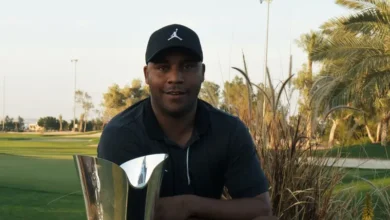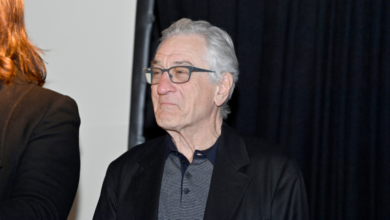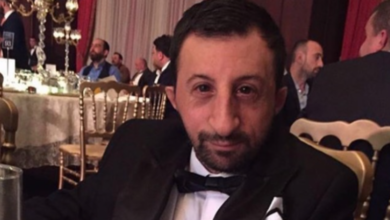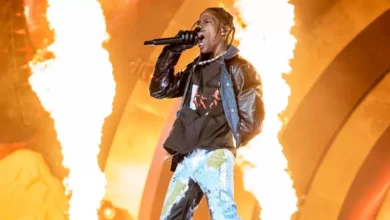Prince Harry privacy case: battle with Mail owner begins
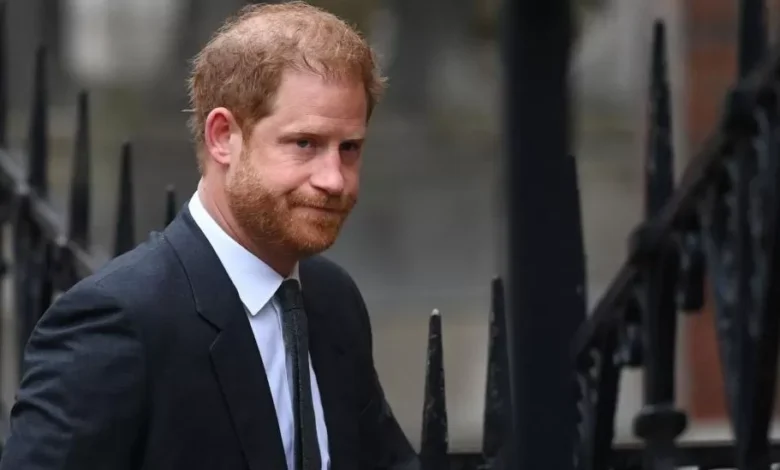
It is not often that hardened news photographers and camera crews are surprised, but when the Duke of Sussex emerged from a black cab at the Royal Courts of Justice on Monday morning, their muttered expletives told their own story.
Prince Harry offered a “morning, hi guys” to the pack, and breezed into court. He had quietly flown back to the UK to make what had clearly been planned as a dramatic entrance.
No-one had expected him to appear in person for a week of what were billed to be complex legal arguments about whether seven well-known people should be allowed to sue Associated Newspapers, the publisher of the Mail titles.
The duke’s manifesto is clear. As he writes in his book, Spare, “it’s about not letting people get away with abuse, and lies. Especially the kind of lies that can destroy innocents”.
For several days he sat on the padded seats of court 76 listening to what was said, writing in a black notebook and occasionally passing notes to his lawyers. The actor Sadie Frost sat next to him, another of the seven.
Journalists, a breed the duke appears to loathe, sat yards away, and it became routine to file out of the court for lunch breaks with Prince Harry and his close protection detail joining the hungry queue for the exit.
Also there at times were Sir Elton John, his husband David Furnish, and Baroness Doreen Lawrence, who, along with Sir Simon Hughes and Elizabeth Hurley, are also claiming breaches of privacy by the newspapers. They seemed prepared to endure the more uncomfortable plastic seats of the court – although Mr Furnish seemed to have more stamina than Sir Elton.
The allegations are eye-watering. Nineteen private investigators are alleged to have placed phone taps on landlines, taped microphones to windows, bugged cars, intercepted voicemail, blagged information ranging from bank statements to flight details, and put their targets under surveillance. They are said to have worked for around 80 journalists on the two Associated Newspapers titles.
The publisher denies the allegations, branding the claims “preposterous smears”.
The venue was appropriate. Eleven years ago, in the identical court 73 one floor below, Lord Justice Leveson heard months of evidence during his public inquiry into press standards, relevant to the current case in two important ways.
First, in front of Lord Justice Leveson, Associated Newspapers repeatedly denied on oath that it had commissioned illegal methods of gathering private information. Second, the inquiry was given records of payments made by the Daily Mail and Mail on Sunday to private investigators.
During this week’s hearings the judge was considering whether the payment records, held confidentially by the Leveson Inquiry, could be used in this case, and whether the whole thing should be thrown out because of a legal time limit.
Barristers for the seven said they had been put off taking legal action because of the vehement denials by the newspapers at the public inquiry. Only recently, they argued, had real evidence come forward.
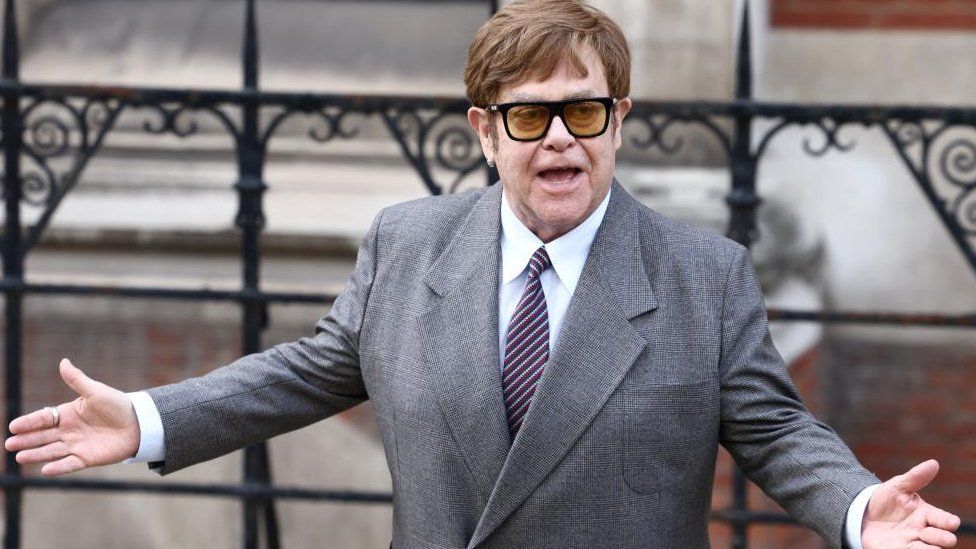
This case is hugely important because Associated Newspapers has always strongly denied paying for this sort of illegal newsgathering. A decade after law firms began suing rival titles The Sun, News of the World, and Mirror for millions in damages resulting from phone hacking, Associated Newspapers has remained untouched.
The publisher’s reputation is at stake – and its bottom line. News UK, which owns The Sun, has paid an estimated £1bn in damages and legal costs during the hacking cases. Should Associated Newspapers lose this case, sources close to the law firms mounting the legal challenge say there are dozens more famous people waiting to sue.
Associated Newspapers, represented during the hearings by two “silks”, or senior barristers, and a row of lawyers frantically scribbling in notebooks or tapping on tablets, has not been shy about proclaiming its innocence.
The publisher has described the claims as a “pre-planned and orchestrated attempt” to drag the Mail titles into the phone-hacking scandal by a coalition of journalists and anti-press campaigners. “Unsubstantiated”, “highly defamatory”, and a “fishing expedition”, the company says of the potential evidence.
It could take years to resolve. Mr Justice Nicklin, regarded as one of the judiciary’s leading media judges, promised on Thursday to decide as quickly as he could whether this case can continue, but in the law, quickly almost certainly means weeks.
And that’s just the start. Should the judge keep the case alive, the claimants will be able to get disclosure of key documents. There will be battles about that process.
There are likely to be skirmishes about which evidence should be heard in the case. One private investigator, Gavin Burrows, made a witness statement in 2021 making lurid admissions of his “unlawful” activities on behalf of the newspapers.
By 2023 his story appeared to have changed. He had never worked for the Mail and Mail on Sunday, he said in a new statement.
Listening to some of the potential evidence this week, there was a feeling of looking back on a different era – where the landline phone number of a celebrity was journalistic gold dust to a showbiz reporter. A time where it is alleged cassette recorders were used to secretly record phone calls, taped to the inside of a junction box. A time when tabloid scandals were delivered on newsprint.
The world has changed. Much of the information it is claimed newspapers were desperate to get their hands on is now freely available on social media – published by the celebrities themselves.


